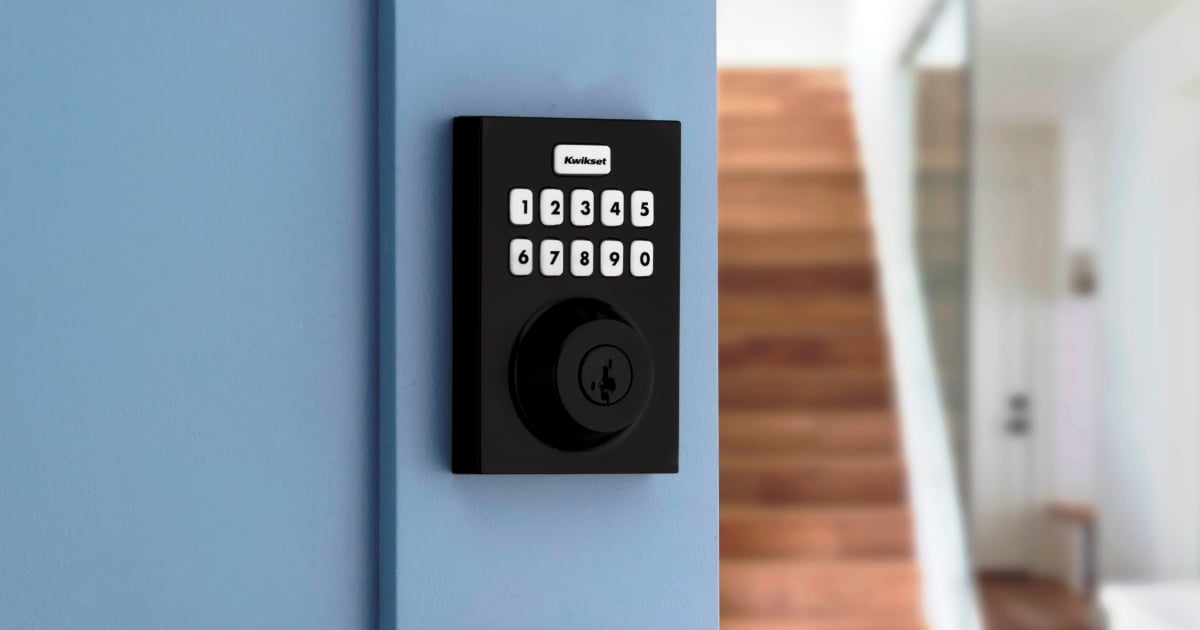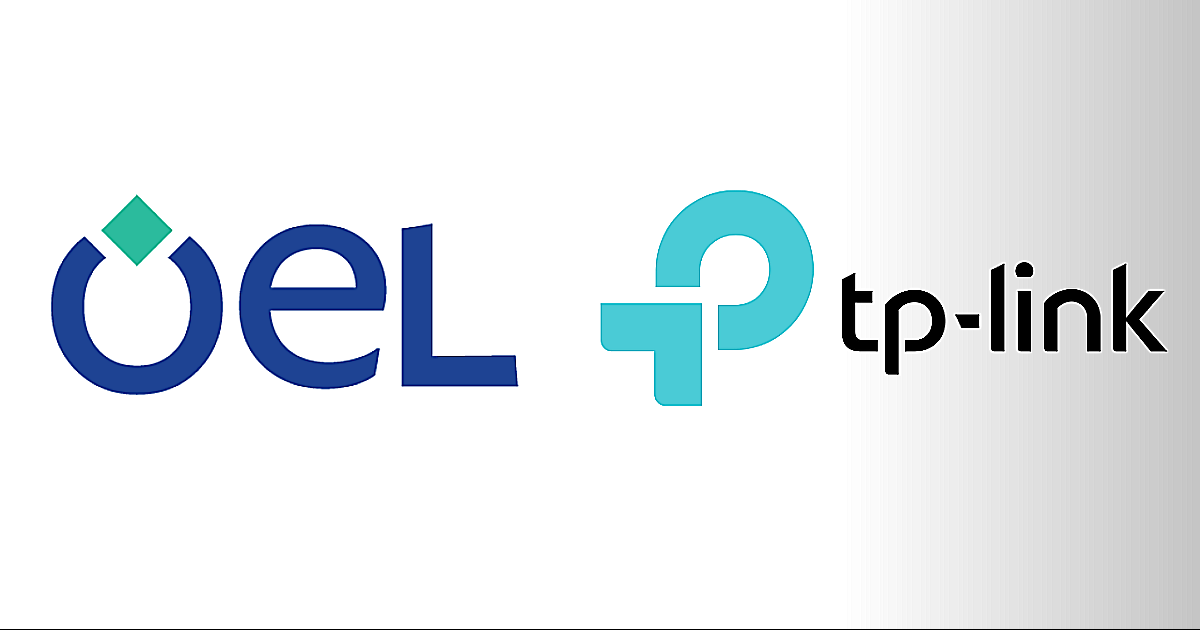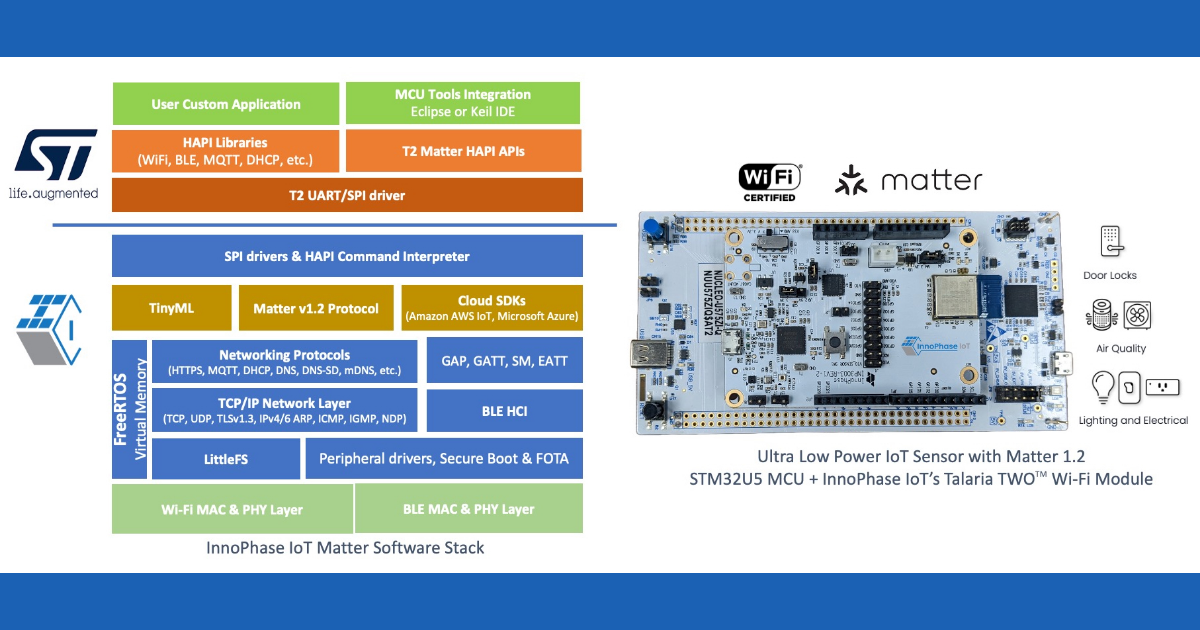
The rapid advancement of technology is pushing the world into an unexplored digital age where the variety of devices and applications provides both businesses and consumers with a plethora of advantages as they go about their days. There are, however, two sides to the metaphorical coin of digital transformation, a.k.a. the consequences that arise from the swift onset of technology along the way. The most notable of these consequences currently observable has been a significant increase in energy demand around the world.
Energy has always been one of mankind's most essential tools, helping to sustain societies and drive economies in both renewable and nonrenewable forms. But as the explosion of innovative technology escalates the needs and requirements for energy globally, governments are struggling to keep up with the soaring demand.
For example, according to the Department of Energy, today's electrical system power outages and interruptions cost Americans at least $150 billion each year, and how this reflects price tags per person is also escalating.
This challenge for governments to meet energy needs is also beginning to highlight the energy equity gap as American households struggle to pay their energy bills. Nowadays, more than 30 million US households are considered energy insecure, meaning they are unable to adequately meet household energy needs, which can have profound implications on health and health equity.
For instance, the average household allocates 3.1% of its income to energy expenses. But for low-income households, this number jumps all the way to 8.1%. This allocation of expenses puts these houses under the category of high energy burden while also not being far off from the 10% allocation deemed a severe burden.
"Thankfully, at both government and enterprise levels, actions are already being taken to combat energy inequity," said Ollie Hynes, founder of Hub Controls, developer of an AI-driven home heating and cooling automation systems, headquartered in New York state. "President Biden's historic Inflation Reduction Act includes $391 billion to support clean energy and address climate change, including $8.8 billion in rebates for home energy efficiency and electrification projects. The US Department of Energy (DOE) estimates that these rebates will save households up to one billion on energy bills each year."
However, while increasing the energy budget may be a wiser choice at the government level, businesses at enterprise levels are quickly leveraging the vast array of new technology available to create energy-saving programs to help their customers. For many enterprises in the energy sector, these cost-saving programs most prominently leverage AI-driven, home-automated energy systems to help their consumers reach their desired levels of energy security.
Home automation technology refers to a network of hardware, communication, and electronic interfaces that work to integrate everyday devices with one another via the Internet. Usually, each device has sensors and is connected through Wi-Fi so that they can be managed from a smartphone or tablet, anywhere and anytime.
"When coupled with AI capabilities, energy enterprises can control nearly every aspect of household energy, from exploration and production to distribution and consumption," Hynes explained, "with enhanced insight and efficiency to help consumers save."
Among the variety of utilities and specific areas in a household that require specific energy, one of the most notorious ways that these AI-driven energy-saving programs can aid consumers when it comes to saving money concerns more smartly regulating household temperatures.
"AI-enabled thermostats are, more often than not, a pivotal part of home-automated systems that energy enterprises offer their consumers," Hynes described. "AI thermostats leverage technology and data analytics that can adapt to a consumer's lifestyle, preferences, and even weather conditions where they reside, ensuring their home remains comfortable while saving energy. In our case, installation is free, set up is easy, and once the system is working, the end consumer doesn't need to do anything as the system itself is learning how to be more and more efficient while keeping spaces comfortable."
For example, with AI-enabled thermostats, enterprises or the consumers themselves, can more efficiently set temperature schedules and routines. AI-driven home-automated systems allow them to set different temperatures for different times of the day, allowing them to avoid unnecessary heating or cooling while they're away. Thus, by optimizing temperature settings based on routines, consumers can both reduce energy waste and save money.
Some home-automated system programs even include geofencing technology, as well as heat and cool balance applications. Geofencing, for one thing, can automatically adjust a thermostat's settings based on whether a person is at home or away, optimizing energy savings without requiring manual human intervention.
As for heat and cool balance applications, this feature allows consumers to set a maximum temperature range for air conditioning and heating usage. This feature helps avoid unnecessary energy consumption by preventing both cooling and heating systems from working simultaneously.
"As with any AI-enabled technology nowadays, home-automated energy saving programs offer more insightful energy reports to both the enterprises and the users," Hynes said. "That's what differentiates our solution – software, cloud, and data analytics. With more detailed information, energy providers can better understand a consumer's energy consumption patterns, identify trends, and make adjustments, accordingly, allowing them to more easily pinpoint areas of waste and offer more optimized energy use."
These types of home-automated energy system programs are becoming a more common piece of energy enterprises' portfolios, which is no surprise given the swift growth of the technology. The global home automation market was valued at $64.66 billion as of 2022, with experts predicting a CAGR of 12.3%, estimating a market value of $163.24 billion by 2028. Paired with this is the growth of the AI in the energy and power market, which came in at $3.103 billion at the end of 2021, with experts predicting swift growth at a CAGR of 24.68%, bringing the estimated value of the AI in the energy and power market to a whopping $14.527 billion by 2028.
Overall, as the demand for energy increases concurrently with digital innovation, consumers around the world will need to prioritize more optimal energy use and spending. Managing all facets of household energy, such as, but not confined to, heating and cooling, will become paramount to all consumers as they look to stave off high and severe energy burdens.
Hynes said that energy enterprises must be ready with AI-driven, home-automated programs that can aid consumers in combating energy insecurity to help create a more sustainable future with more affordable energy for all.
Edited by
Alex Passett





